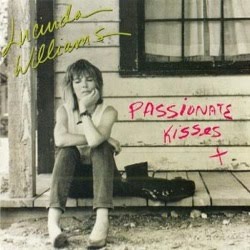
Halfway up the hill, I came to a complete stop. I turned and looked down at the cars on the road far below, then back at the crest of the hill looming high above. I couldn't take another step.
This was a race?
Granted, "hill" was probably not the right word, either. The switchback road was carved out of the side of a mountain, climbing 1,000 feet in just over two kilometers. It was the 12th leg (of 26) in the Wadi Bih Run, a 72-kilometer relay race just across the border in Oman.
This segment – my third of the race – started on a slight incline. I took the baton and set off at a good pace, but it didn't take long before the road began to rise steeply and I slowed to jog. Then a shuffle. Not long after that, I settled into a steady walk, striding as high and far as I could with each step.
But with each turn in the road, another steep climb loomed. My hamstrings tightened. My back stiffened. My lungs gulped for air they couldn't get. I was barely moving.
A guy who looked as fit as a Navy Seal shuffled past me, only slightly faster than my walk. I heard him mutter under his breath, "C'mon! Do it."
I don't know if he was talking to himself or to me.
Then I just stopped. Hands on my knees, breathing hard, cursing the fact that what little training I had done for this race was on the flat-as-a-tabletop streets of Abu Dhabi and not on a Stair-Master or a treadmill with an incline. I had a sudden urge to sit on a rock and enjoy the spectacular scenery.
But I knew the other four members of my team were waiting beside our SUV at the top of the hill. I had volunteered to do this ridiculous leg. I had to finish it.















